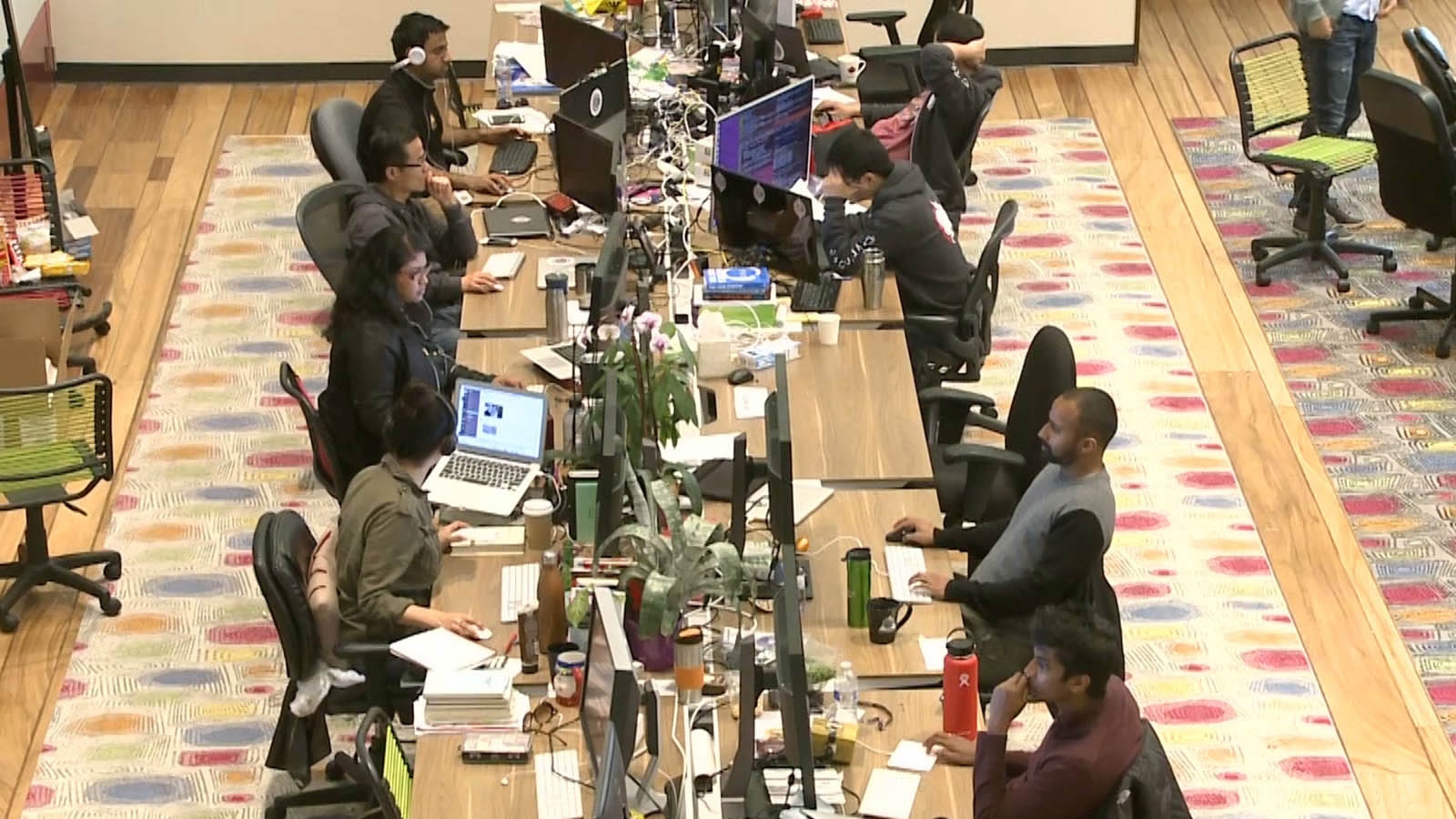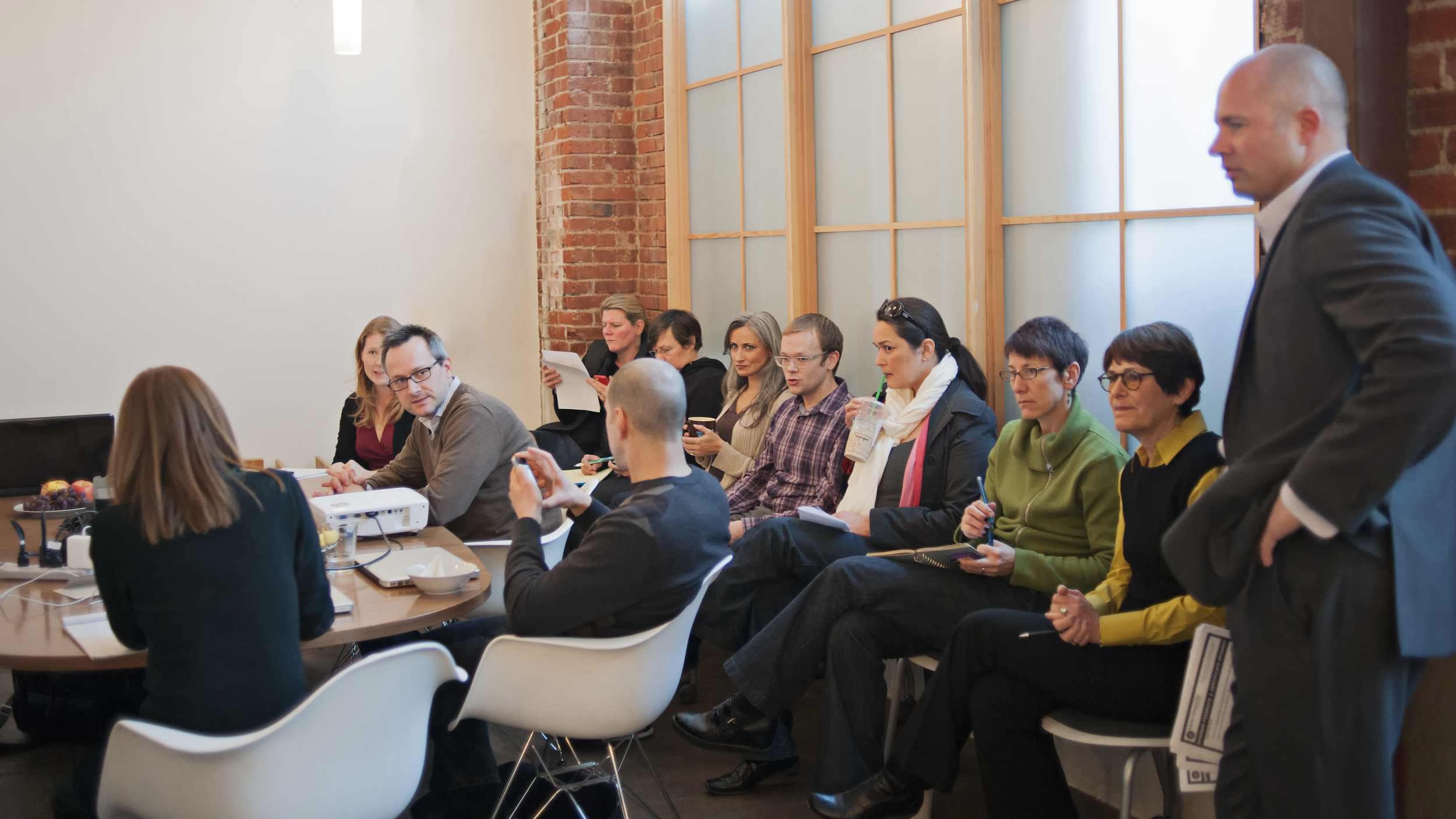
Tech & Sci
09:24, 09-Jul-2017
US startup seeks to improve diversity in tech

By CGTN‘s Mark Niu
Statistics show the percentages of men, women and minorities working in the tech sector haven't changed much. One Silicon Valley company believes intelligent machines can help eliminate bias.
Based on statistics, Kimberly Schwartz is the kind of student who might find it tougher to get hired in Silicon Valley. She's got the right qualifications - a student at Berkeley, one of the world'top universities, and intern experience at both Facebook and Apple. But she's part-Latina, part-German, part-Chinese, a woman, and undocumented.
"There's a huge lack of diversity and we don't really see Latinos," Schwartz said. "The Latinos we see are the ones working in the kitchen or cleaning services, so it's very important to see someone like yourself very successful."

Business meeting /VCG Photo
Business meeting /VCG Photo
"When we say the modern workforce, we include women. We include a much more diverse population," Laura Gomez said.
Gomez founded Atipica to help recruiters hire more people based on merit. Atipica's technology uses artificial intelligence to detect bias in the hiring process.
For Gomez, this is personal as well as professional. She herself grew up undocumented and so did her product manager, Rubi Sanchez, who only found out she was undocumented after becoming a finalist for a Gates Foundation Millennium scholarship and didn't have the documentation to show her qualification. Sanchez went on to found her own medical tech startup. She's excited about Atipica's potential.
"More and more I talked to Laura and she gave me all this data. And right now tech is not merit-based. There's a lot of bias, and so to be able to help with that I think is really amazing," Sanchez said.
Atipica's data scientists say from the very start, their research discovered huge disparities in terms of gender and ethnicity on who was applying to tech companies and who was getting hired. They say the key reason is implicit bias from company processes and their hiring managers.
"Now diversity is going to be an important thing for me going forward. I think working here was the reason that was brought out. I never particularly thought about the issue as much before I came here. And I'm only one person, but at the very least no matter what happens here, hope Laura always knows that she made this impact on me and in my life," Vineet Abraham, Atipica data scientist said.
Atipica recently raised two million US dollars, in what's believed to be the largest round of seed funding ever for a Latina-run tech company.
9544km

SITEMAP
Copyright © 2018 CGTN. Beijing ICP prepared NO.16065310-3
Copyright © 2018 CGTN. Beijing ICP prepared NO.16065310-3